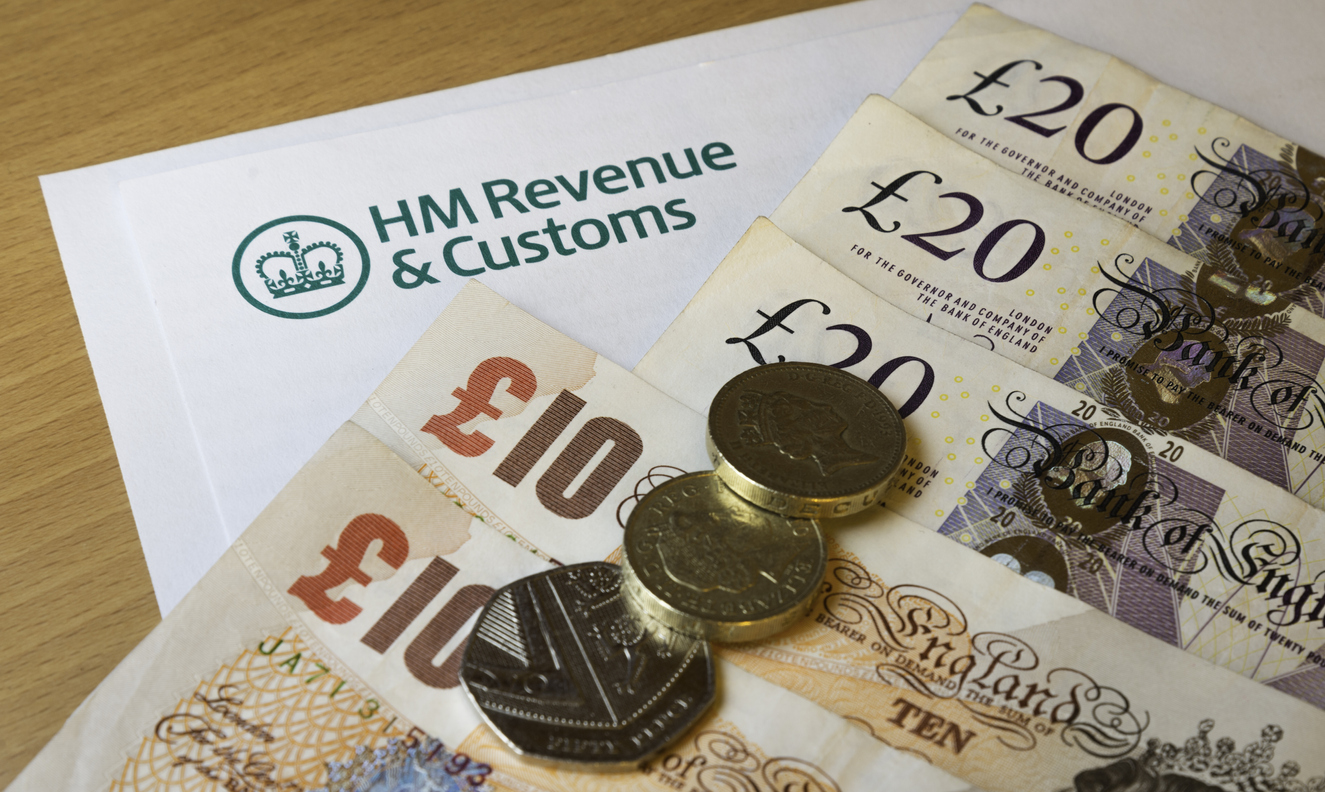
Date posted: 4th Nov 2021
Many clients will baulk at the fact that they will need to pay payments on account or advanced instalments, as it can seem, particularly in the first year of self assessment, that you pay 150% of your tax liability in the January after the end of the tax year.
However, this is simply a mechanism for HMRC to collect tax early and you do not end up paying more tax than necessary. We have summarised the key points below:
Payments on account
Under self assessment, taxpayers with a liability over £1,000 in the previous tax year are usually required to make pre-payments called payments on account (POAs) towards their next tax bill.
What are payments on account and when are they due?
POAs are advance payments towards your next tax bill.
They aim to ease the burden of paying tax bills in one lump sum, by splitting the bill into two payments (this may increase to four under the incoming making tax digital provisions….)
POAs are two equal payments, which are due on 31 January in the tax year and 31 July after the end of the tax year. Each POA is half of the previous year’s tax liability.
Example
Your tax liability for 2020/21 is £5,000 and is due 31 January 2022. As the liability is more that £1,000, POAs are required for 2021/22. Your POAs are £2,500 each. Your first POA will be due on 31 January 2022, along with your £5,000 liability for 2020/21, totalling £7,500. The second payment on account would be due 31 July 2022.
If your liability for 2021/22 turns out to be £8,000, then you can deduct the two £2,500 payments made. This means that there will be a “balancing payment” due 31 January 2023 of £3,000. However, there will then be POAs due for 2022/23 of £4,000 each in January 2023 and July 2023.
If your tax liability is less than the payments on account made throughout the year, HMRC will send you a refund of the difference.
What If I don’t pay my payments on account?
If you don’t pay the payments on account by the due dates, interest will be charged on the amount outstanding at HMRC’s official rate of interest.
Exceptions to payments on account
Payments on account will not need to be made if your tax liability is below £1,000, or more than 80% of all the total tax you owe is collected at source e.g. via PAYE.
Payments on account do not consider capital gains tax due or student loan repayments.
Reducing payments on account
As payments on account are based on the previous year’s tax liability, the amount can be reduced if you don’t believe your liability for the current year will be as high as the previous year. However, it is important to bear in mind that over-reduction of payments on account can result in interest being charged.
If you have any queries regarding the payment of tax liabilities, please give us a call.


